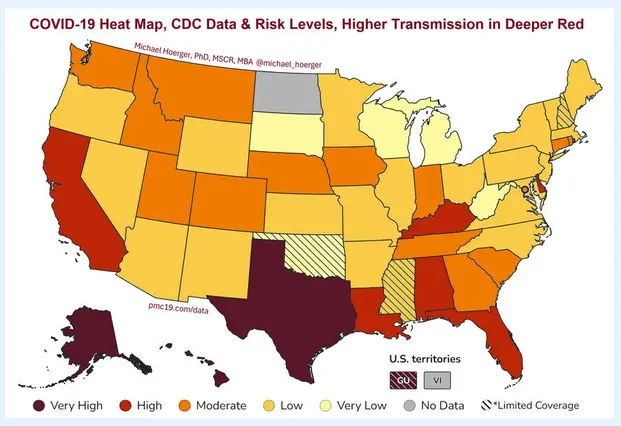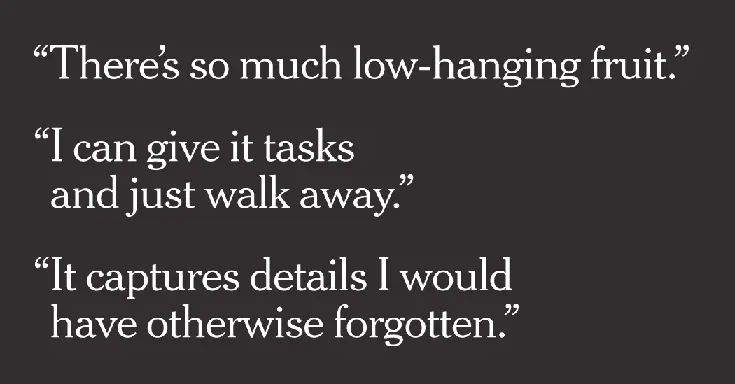T4K3.news
Prostate cancer guidelines lag create overtreatment risk
Outdated NICE guidance may lead to thousands of men receiving unnecessary prostate cancer treatment amid inconsistent NHS practices.

Experts warn outdated NICE guidance may cause thousands of men to be treated unnecessarily for prostate cancer.
Prostate cancer guidelines lag create overtreatment risk
Up to 5,000 men a year in England could face overtreatment for prostate cancer because NICE guidelines have not kept pace with advances in testing and risk assessment, Prostate Cancer UK warns. Overtreatment can cause erectile dysfunction or incontinence, while some men with low‑risk cancer could be managed with active surveillance instead of immediate treatment. The charity notes that 35 hospitals have created their own guidelines, leading to a patchwork of care across the NHS and eroding confidence in surveillance.
NICE says it is updating the prostate cancer guideline, including a review of active surveillance and possible changes to age thresholds for PSA tests on referral from primary care. The government is weighing a national screening programme after public interest grew following Sir Chris Hoy’s revelation that he was diagnosed with stage four prostate cancer.
Key Takeaways
"Guidelines must catch up with science or patients pay the price."
Health charity leader on guideline delay
"Active surveillance works when rules are clear and consistent."
Prostate Cancer UK spokesperson
"A postcode lottery should not decide life and death."
Patient advocate
"Consistency across hospitals can spare thousands from overtreatment."
Editorial note
The gap between evidence and everyday practice can harm patients and shake trust in the NHS. When guidance lags, clinicians rely on local habits, and patients face a patchwork of care with uneven outcomes.
Beyond medicine, the debate exposes the politics of screening and spending. Updating guidelines and agreeing on a national approach would shift from fear of missing a cancer to measured, patient centered decisions that reflect current science.
Highlights
- Guidelines must catch up with science or patients pay the price
- Active surveillance works when rules are clear and consistent
- A postcode lottery should not decide life and death
- Consistency across hospitals can spare thousands from overtreatment
Policy risk from guideline lag
Outdated guidelines risk widespread overtreatment and uneven care across hospitals, potentially harming patients and straining NHS resources.
Policy clarity is essential for patient care.
Enjoyed this? Let your friends know!
Related News

Whole Body MRI Insight vs Cost

Covidwave update prompts health guidance

AI tools expand in workplaces

Fibermaxxing gains popularity on TikTok

Sugar claims face expert scrutiny

Heart failure risk linked to pregabalin study

Colorectal cancer rises in younger adults as screening guidelines expand

Mounjaro shows promise in reducing alcohol cravings
